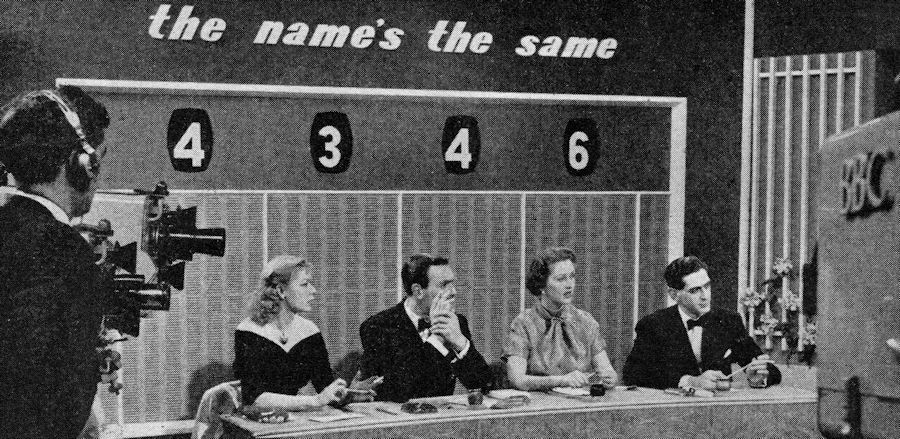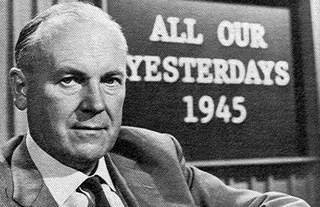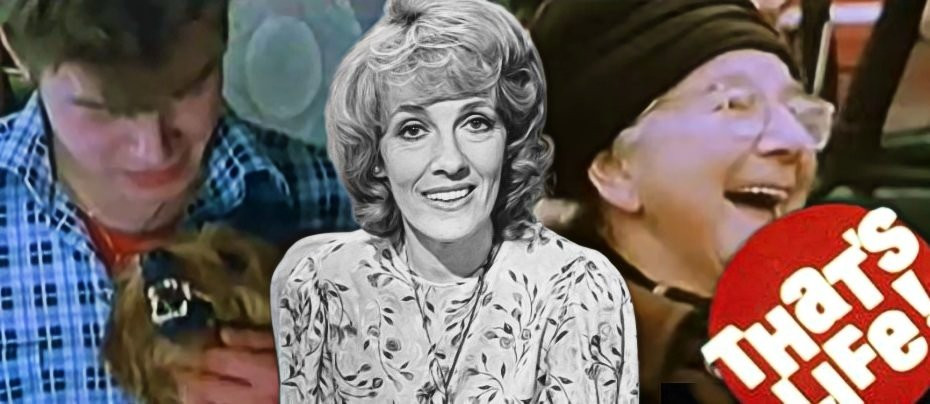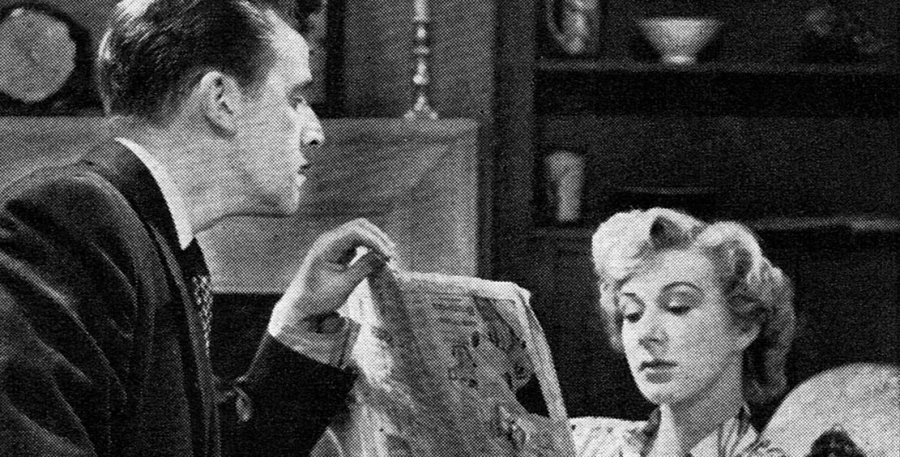
Braden's Beat / On The Braden Beat
- United KingdomOften cited, incorrectly, as the first consumer programme on British television, On The Braden Beat was by far the most popular and best remembered TV series of the 1960s to champion the cause of the unwary purchaser against the unscrupulous seller.
A forerunner of many of today's various 'watchdog' programmes, On The Braden Beat, hosted by Canadian frontman Bernard Braden won several prestigious television awards in its first few years. The first consumer programme in the UK was hosted by Richard Dimbleby and was made in co-operation with the Consumer's Association and the Consumer Advisory Council. Beginning on Friday 16 February 1962 and appearing once a month it was called Choice. Seven months later (Saturday September 29), ITV began its own version which was a unique mixture of entertainment and investigation into viewers complaints. The show was interspersed with lighthearted, topical sketches and music and gave early television exposure to Peter Cook, Jake Thackray and Tim Brooke-Taylor.
Braden himself was no newcomer to British viewers. The former announcer-cum-engineer had come from the relative obscurity of a radio station on the West Coast of Canada to pursue a career in acting. He married Barbara Kelly in Vancouver in 1942 and after acting together for a time they moved to Toronto, scoring a triumph on the CBC Radio Network in their serial John and Judy, in which they played brother and sister. It was for CBC that Bernard crossed the Atlantic in 1947 to interview people in different walks of life about Britain's post-war recovery plans. Two years later Bernard and Barbara came over to England together to study British film and radio methods. They decided to stay.
After a couple of radio broadcasts, they made their TV debut together in 1950 in First Date. This was followed in 1951 by a short-lived sitcom for the BBC called An Evening at Home, which, if the Television Annual for 1952 is anything to go by, was not terribly well received. In spite of the annual's dissmissiveness, the Bradens enjoyed a growing reputation on British television which also included 'straight' roles in at least one television drama, and while he went on to present a number of schools' programmes on BBC, as well as becoming chairman of The Brains Trust (BBC 1955-61) and hosting the sports magazine Let's Go (1959), she became a star in her own right as a regular panelist on What's My Line (BBC 1951-63) and host of Criss Cross Quiz (ITV 1957-67). Bernard left the BBC in 1962 to host the late night consumer show On The Braden Beat which was produced by Jock Watson (and later by Francis Coleman). The series ran for five years winning Braden a Guild of Television Producers and Directors (now BAFTA) Award in 1963 and in 1965 he became ITV Personality of the Year awarded by the Variety Club of Great Britain.
In 1968 Bernard returned to the BBC with a similar format to the Braden Beat series but with more concentration on consumer championing. Braden's Week employed a team of reporting researchers who included John Pitman, Harold Williamson and Esther Rantzen. The series came to an end in 1972 in controversial circumstances. Braden had made an ITV television commercial for Stork margarine and the BBC, not unreasonably, felt this was inconsistent with his role as the consumers' spokesperson. Esther Rantzen and producer John Lloyd headed off and created That's Life - essentially Braden's Weekly without Braden - which ran for the next 21 years.
Braden returned to Canadian television for a while before returning to Britain to appear on such shows as Afternoon Plus and a revamped version of All Our Yesterdays. He passed away in 1993 aged 76 years.
Seen this show? How do you rate it?
Seen this show? How do you rate it?
Published on November 30th, 2018. Written by Laurence Marcus for Television Heaven.





